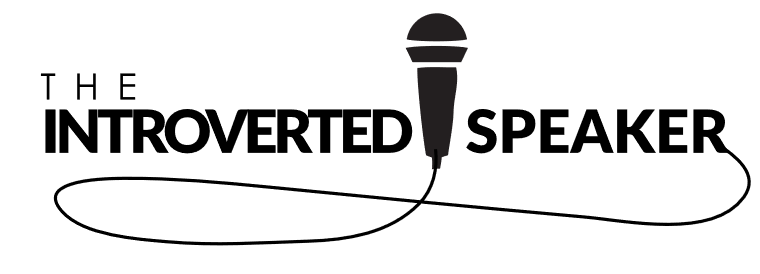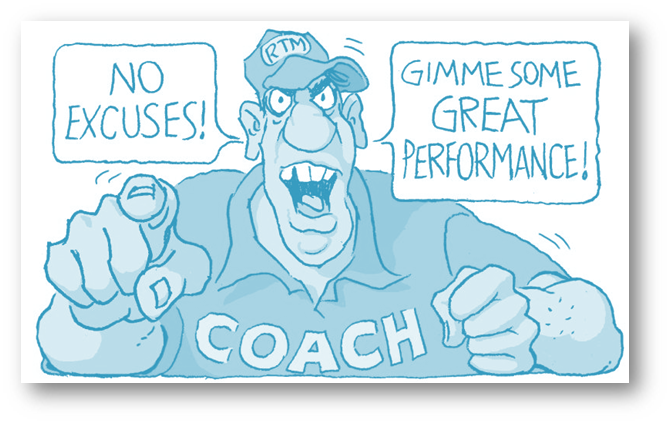
I write and speak a lot about technology, but a personal touch and experience can be nice and interesting sometimes too. This personal touch is telling the journey of how an introvert person like me became a public speaker, and I hope you get some inspiration out of it, maybe taking your first step to speaking in public.

Drive and enthusiasm
Now not everyone feels the need to speak in public, so you need to have a drive to want that, it’s an obvious fact. For me, I wasn’t really keen in the beginning to speak in public as I have a shy nature, but the most important tips are: know what you want to tell, and practice, practice, practice.
And even the most important thing: have fun doing it!
Knowing what you want to tell, especially in the technology area, but I suppose it also applies to other areas where people are public speakers, begins with doing research, combining you day to day experience and view on the world all in one. All begins with a good idea of direction. Actually my “public speaking career” started with the authoring of a book about technology, a beginners guide for starters.()

After speaking on an event, I noticed I enjoyed it, and as times goes by people are getting to know you more and you will get more enthusiastic about speaking and public.
This doesn’t mean that everything always goes well. Sometimes the subject to choose is not interesting enough, sometimes your own performance needs improvement, etc. It depends on multiple factors, but as a speaker you can have a lot under your own control, even your own nerves. And believe me, even the most experienced speakers feel excitement if they are about to speak in front of a large audience.
Prepare yourself
This seems like an open door but knowing what to tell helps a lot in gaining self confidence. My experience is to no include to much in my speech. I did that a few times and ended up in not telling everything I wanted. There are also a lot of tips available of how and what to present and they all apply, make a presentation as visual as you can. It’s better not to have slides with a lot of text, but include those in the comments.
So preparing means, choose the subject, prepare some slides and write your story down for yourself. It helped me a lot, but still the uncertainty remains about being complete. Well, in my talks I am sometimes overcomplete. So time management is really important, if you want to cover all the content.
I also followed some courses of how to speak in public, and the most important things I extracted out of it:
- Do some storytelling — talk about normal day things to visualize wat you want to tell. The audience will recognize it and they will be more eager to listen to your story. Interacting with the audience gained my selfconfidence.
- Have a good begin and end. Which means that you have to structure your talk so the audience can think it over after the talk
- Know your position; does everyone see me good? Is the tone of my voice not too boring? Do I stand as someone with selfconfidence?
You also don’t want to be disturbed by failing devices or struggling with your presentation devices. So I always am present way before I start to present, to explore the room or hall and know what’s there.
Some presentations give demo’s. That can be a nice thing, but don’t make a demo too long or too complicated. I’ve seen a lot of demo’s where a lot of things are happening and code is flying on the screen, but they don’t add anything to the story. Prepare what you can prepare and demo a short and clear case.

My personal touch
Now, to prevent this story from becoming just a collection of hints and tips, I would like to add some personal touches. Remember that not all hints and tips work for everyone and they can be found everywhere. I love interacting with my audience during my talks. I enjoy seeing their reactions, from those who are interested and engaged to those who get a bit sleepy and start to close their eyes. Unfortunately, these days, all conferences are virtual, and we don't have the same level of interaction.
To keep my audience engaged, I always try to inject some humor and fun into my talks. I believe that getting your audience to laugh can boost your self-confidence and keep them interested.
However, even with all my experience, I still experience what's called "the imposter syndrome." This means that I sometimes fear being exposed as not being the expert people think I am. But I've learned that as long as I receive useful questions and see that people are interested and engaged, I don't have to worry about being "nailed."
Sometimes, I lose track of the structure of my story when I'm telling it. I get stuck and forget what I wanted to say. However, I've found that the best way to get back on track is to go back to my topics and start again from where I began.
Remember that not all talks will go smoothly all the time. I always question myself after a talk and ask if the topic was well-suited, if I was unclear, or if my tone was too monotone. Every talk you give can be a learning experience for the next one.


.png)


No comments:
Post a Comment